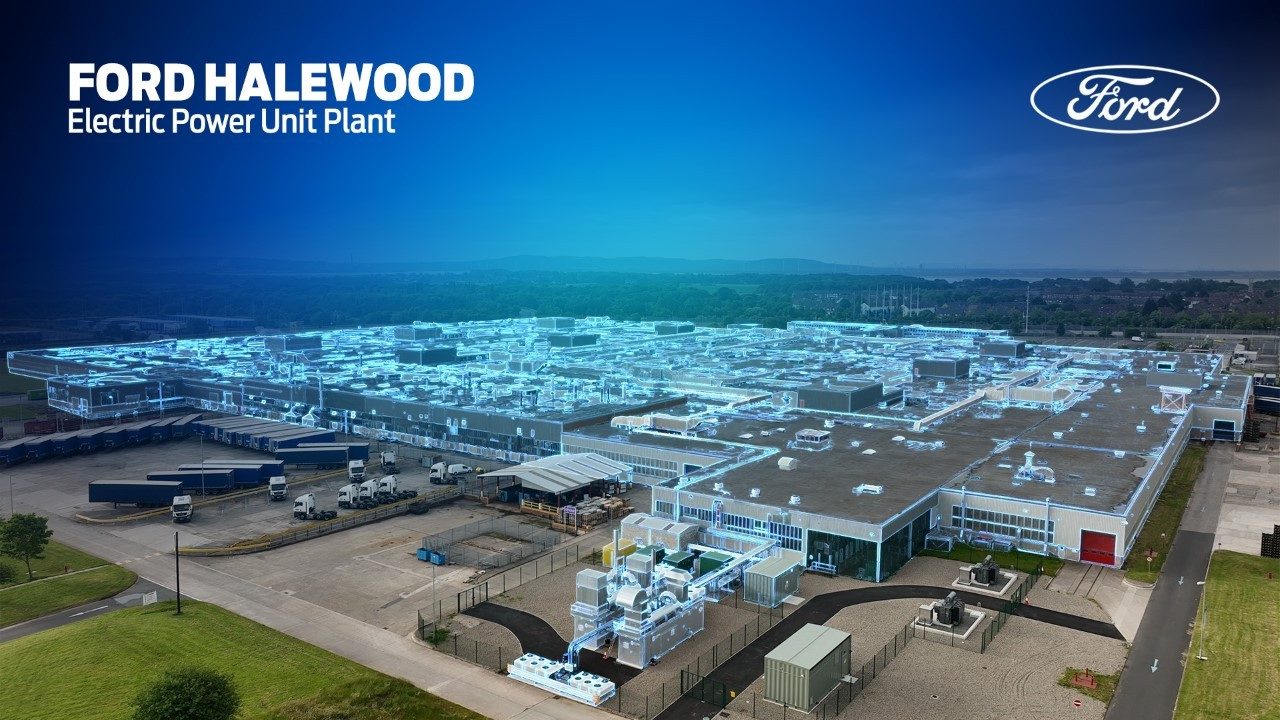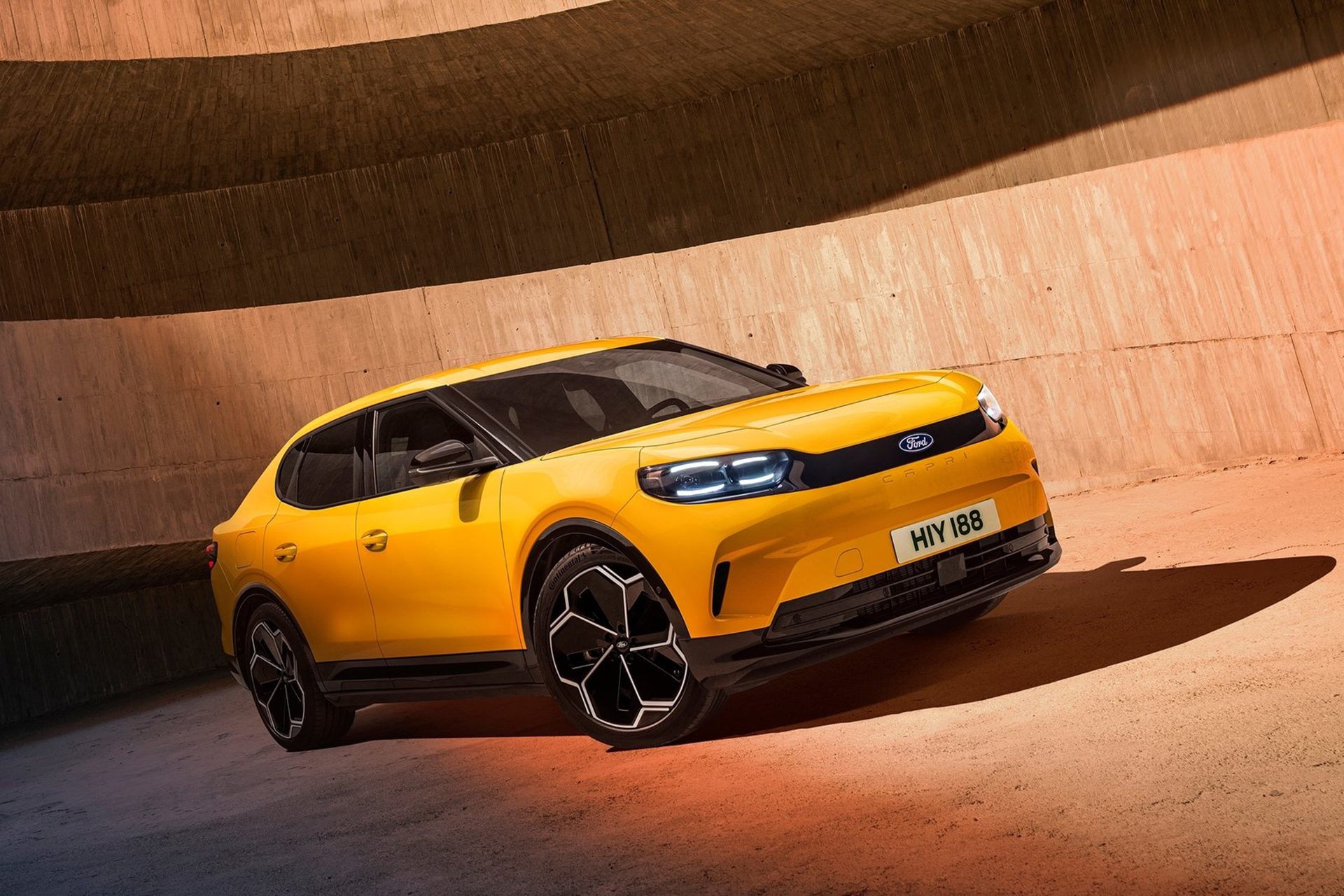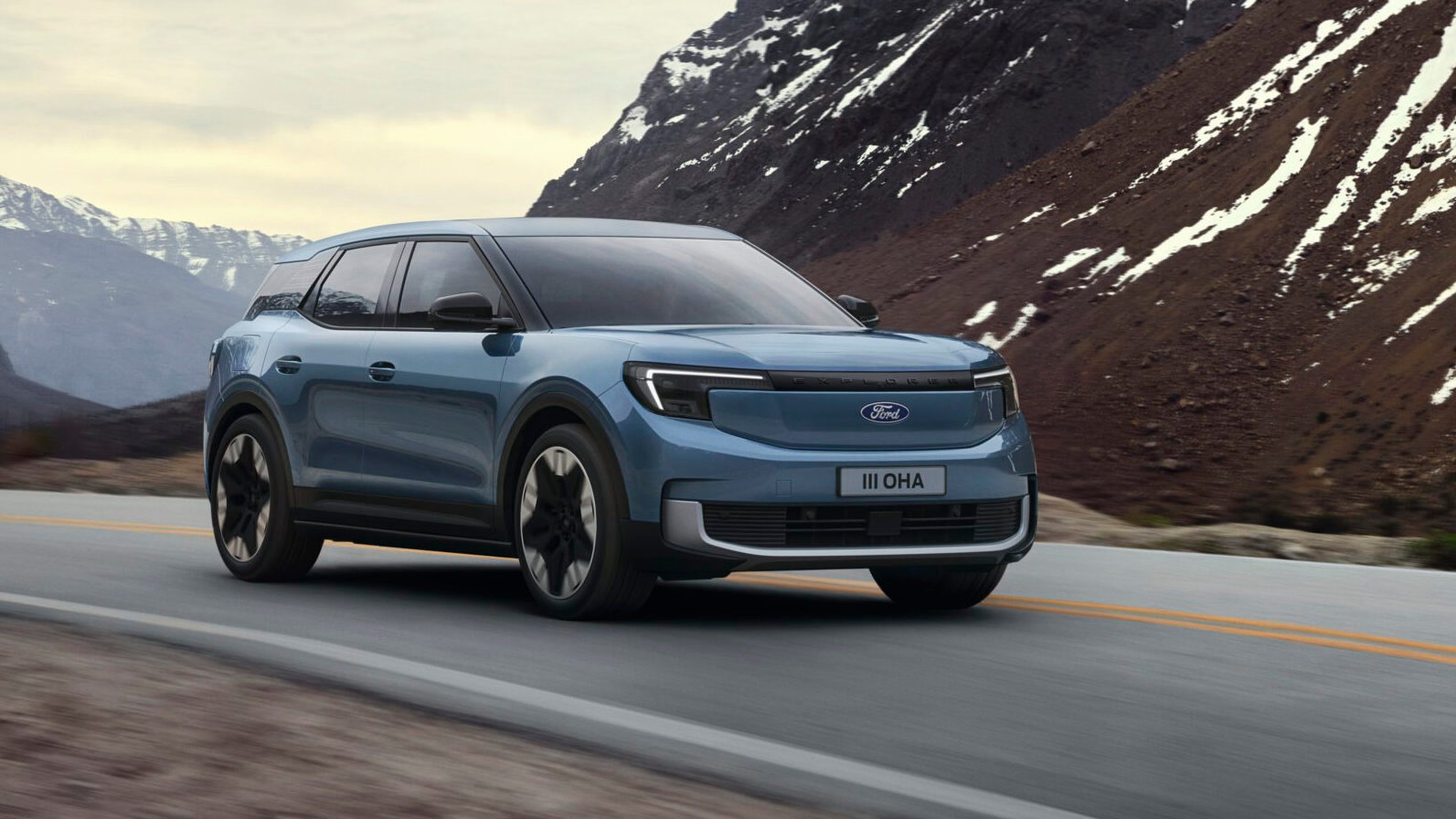Legacy car companies continue to struggle this year as EV demand remains sluggish. Tougher emissions regulations are also making ICE cars more expensive to produce and therefore harder to sell.
The latest to take action in the face of ballooning costs and falling profits is Ford. Following news it is slowing production of EVs, it is intending to cut 800 jobs in the UK. That is primarily on concerns about the state of its passenger car business.

Admin and management roles are most at risk, rather than workers at its Dagenham engine factory or Halewood transmission plant. The car maker employs 5300 workers in the UK.
Even more are being axed in Europe with 4000 jobs on the line. Germany is likely to be hit hardest, with 2900 likely to be made redundant.
Most of those positions will be at Ford’s Cologne plant, where it currently employs about 11,500 people. Poor demand for electric Explorer and Capri underlies the decision to lay off workers there. Staff at Ford’s European headquarters are also in the firing line.

At Ford’s Saarlouis plant, where it makes Focus, 2700 jobs will be axed when production ends in the middle of next year. Whether or not those are part of the 4000 planned redundancies is unclear.
Few job cuts are being made in other European markets, according to Ford.
The company has accrued “significant” losses in the past few years. It blames the shortfalls on “unprecedented” competitive, economic and regulatory headwinds.
Dave Johnston, Ford of Europe’s vice president for transformation and partnership commented “It is critical to take difficult but decisive action to ensure Ford’s future competitiveness in Europe”.
All the job cuts will be made by the end of 2027, creating a “more cost-competitive structure” to ensure the brand’s survival.

In recent years Ford of Europe has culled popular ICE models like Fiesta and Focus in favour of new electric models like Explorer and Capri. The brand says the industry’s shift to EVs has been “highly disruptive”.
Ford’s electric vehicle boss, Marin Gjaja, said that the company’s plan to go all-electric by 2030 in Europe was “too ambitious”. He blamed the “uncertainty” around EV demand and legislation. Ford is doing what others have been forced to do, investing meantime in hybrid powertrains.
Ford Germany’s head, Martin Sander, left earlier this year for a position at Volkswagen, adding to the firm’s challenges.


